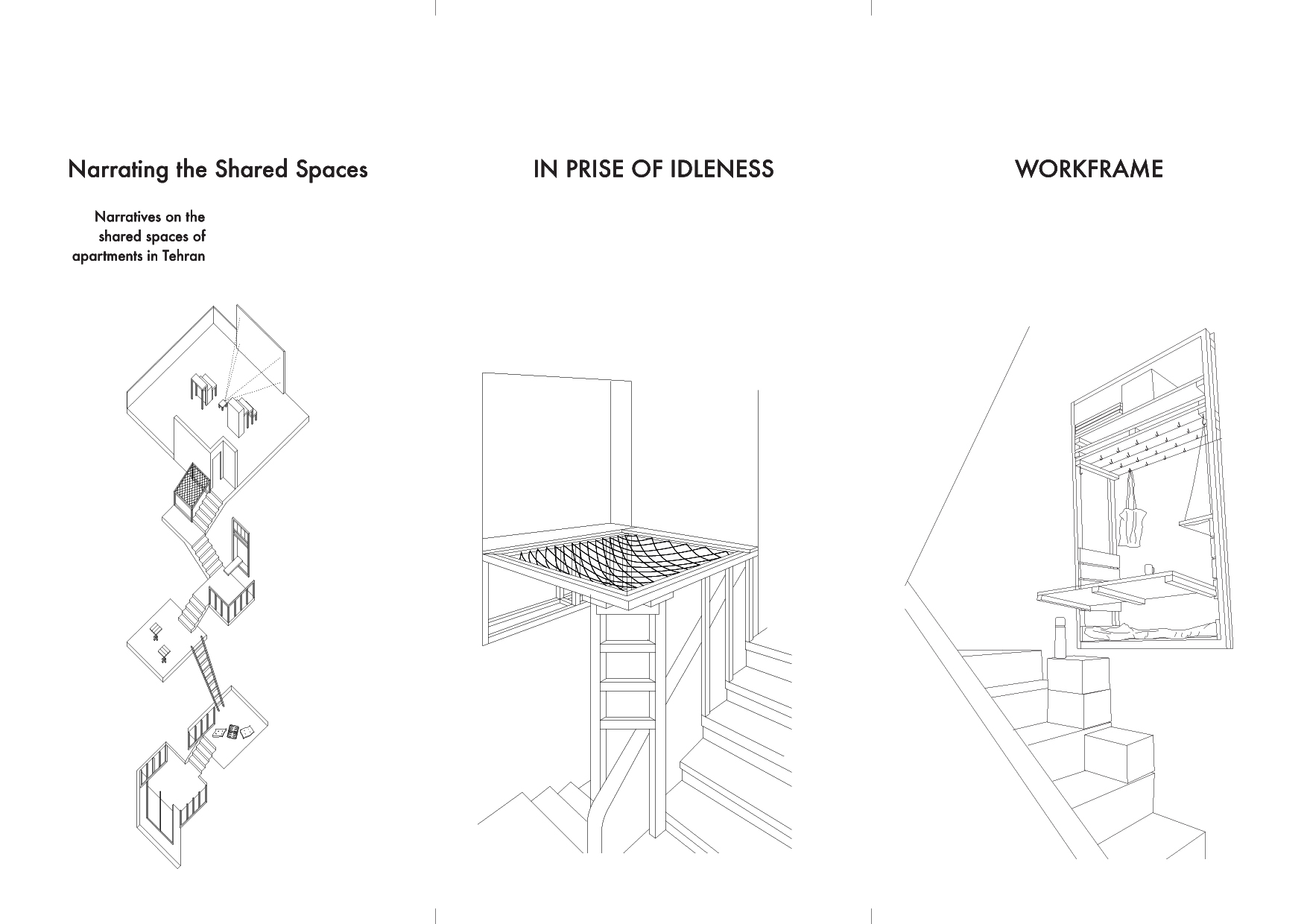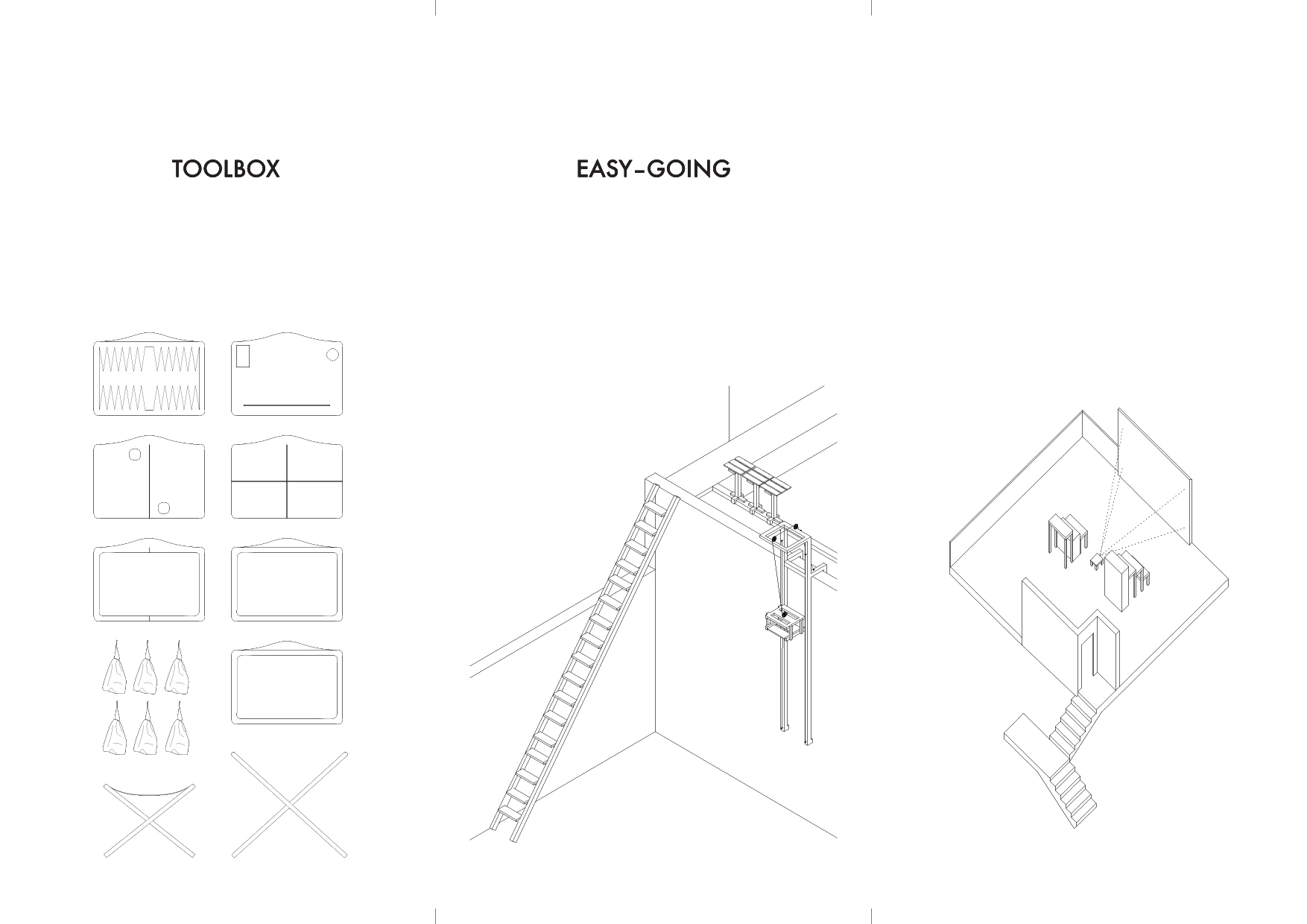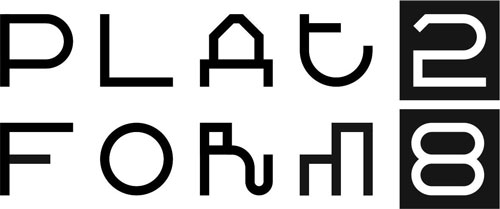>MADE IN TEHRAN #08
>NARRATING THE SHARED SPACES
>Instructors:Golnar Abbasi, Arvand Pourabbasi
Apartment buildings in Tehran are the most common form of architecture that shape the city, whose spatial arrangement is predetermined by the regulations. One of the main sets these of principles are the ones conditioning their shared spaces (stairs, rooftops, voids, etc). Their role is controversial; their arrangement is crucial in determining the spatial relations within the building, while rarely accommodate any activities. Spaces owned by all inhabitants, but used by none.
Apartment buildings in Tehran are the most common form of architecture that shape the city, whose spatial arrangement is predetermined by the regulations. One of the main sets these of principles are the ones conditioning their shared spaces (stairs, rooftops, voids, etc). Their role is controversial; their arrangement is crucial in determining the spatial relations within the building, while rarely accommodate any activities. Spaces owned by all inhabitants, but used by none.
The focus question here was on how to discuss these spaces that are taken for granted, yet embody larger economic and sociopolitical agendas, and condition our everyday lives. What are ways to intervene in the standardized housing and living processes through these shared spaces, as they are meant to (re)produce those processes themselves.
Here we investigated these spaces through making one-to-one scale interventions in an actual typical apartment building where the workshop partially took place. We challenged the status quo through experimentally making seemingly subtle strategies that could possibly make a larger difference. We inhabited, took over, and domesticated these shared spaces through our interventions.
Narrating the Shared Spaces was a program of public lectures and a workshop; it continued the legacies of the project Framing the Common (2014–2016).

























